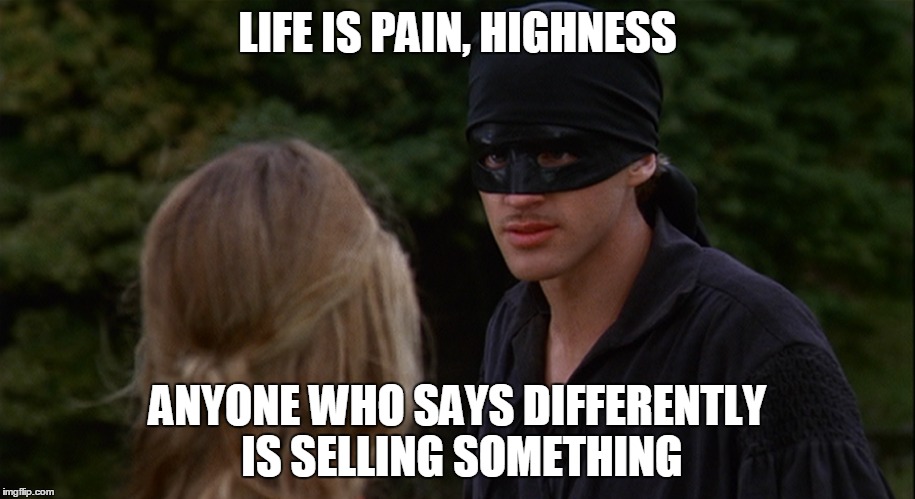The schism of ‘reward’ mechanisms just see things as as polarized set and try to cast all other possibilities into the dimetric assertion that it is either one or the other, but otherwise persists in ignoring options that don’t suit the polarity.
Someone could endure pain for the purpose of enduring more pain. One might phrase the goal/check of enduring pain as a means of turning into reward for their metrics, but the drive they have may not operate on ‘pleasure’ sensors in the first place. An object compelled by gravity isn’t motivated by reward/pain, it just does.
Some are motivated by the opposite and don’t want a reward at all, though some aspects of realizing that may profess that ‘pain’ is the substitute, but some actions simple don’t want pain or reward, they just want to ‘be’.
Some actions are done out of a sense for duty or an agreement in a contract. While some may interject that the notion must therefore cause them pleasure to fulfil, or to avoid pain in not completing it, but the obligation can actually be a matter of ‘nothing’ to them. The idea tends to see that is improbable or assert that such notions are 'guised through repurposed prose of the pain/pleasure rhetoric, but that’s the gist of the schism: things “have” to adhere to that notion, otherwise they are rejected.
While some understanding [we] had in non-human entities were content to assume they didn’t feel pain (such as plants) and that’s been revealed to be untrue, but part of the concern of being a “rational” being is that we don’t actually have to be motivated by the polarized labels for pain/pleasure, even if they do motivate most, even without their knowledge of consent. “We” aren’t just fight or flight or pursuing a ‘greater good’.
Most choices are only an option so long as people think them to be so, so so long as people don’t think there is an alternative, they won’t act on it. Much as the case with a lot of qm complaints: their frustration is an expression of their understanding and expectations, and not necessarily the ‘flaw’ they may assert.
Since people tend to only understand an object relative to its opposite (as complementary functions offer perspective) it makes it that much harder for people to understand the scope of something beyond just two options; something is only ‘true’ or ‘untrue’ as being ‘conditionally true’ just means that it’s still ‘true’ at some point, right?
Esp since our ‘understanding’ of anything could be based on what it is ‘not’. How does one describe sight to the blind, sound to the deaf, smell to the anosmic or taste to the ageusiac?
There is either the presence of color, or the absence of it; white being all of them, specific hues only being some, and black being none; but so long as we can’t “see” colors that don’t exist in the three cone eye, then we can’t “see” what we can’t see, right?
However, being unwilling to accept another option doesn’t make it true that the option then doesn’t exist.
